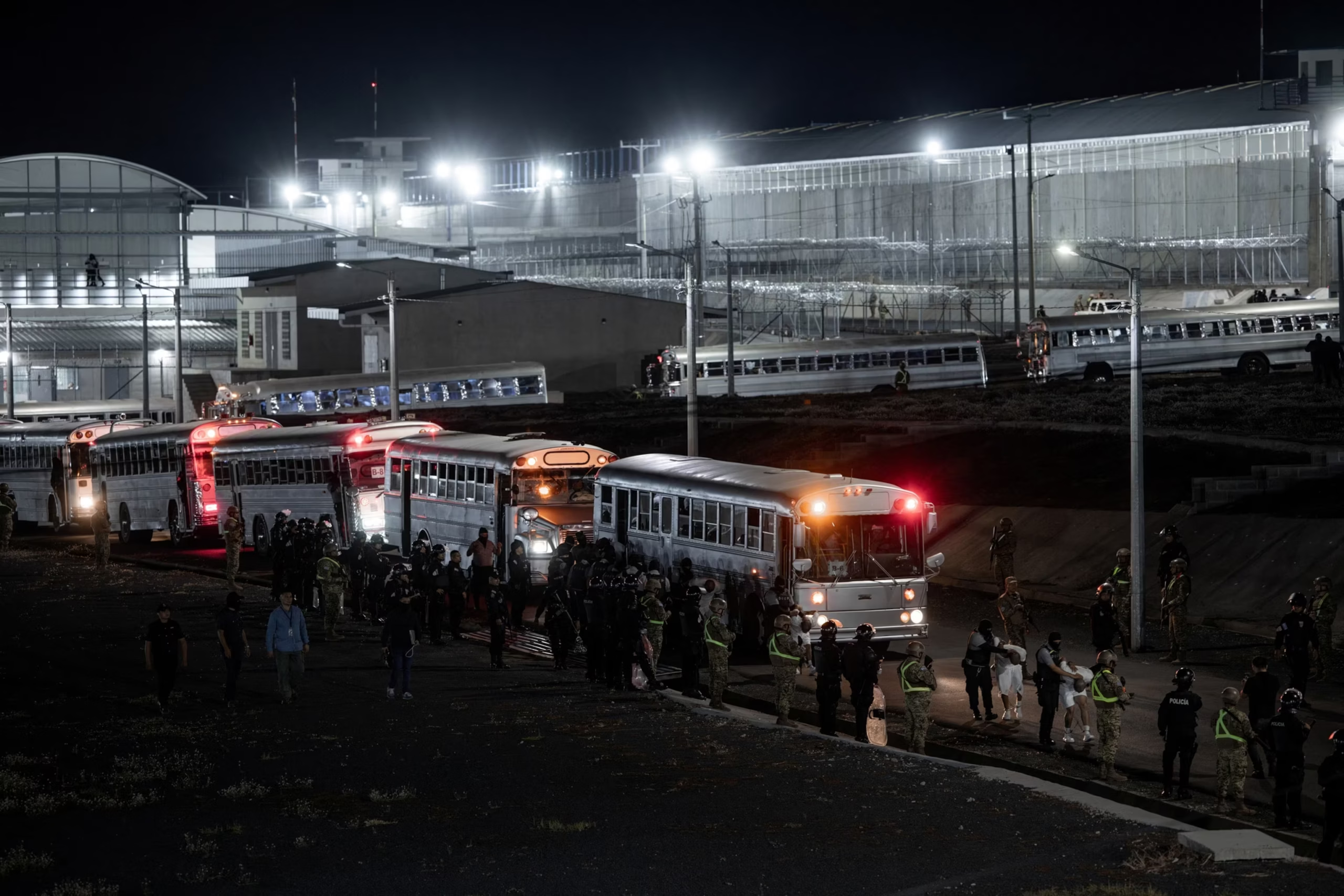By Breanne Deppisch
A federal judge on Tuesday refused to change her order requiring the Trump administration to bring back a 20-year-old Venezuelan asylum seeker deported to El Salvador, citing due process protections.
At a hearing Tuesday in Baltimore, U.S. District Judge Stephanie Gallagher, a Trump appointee, rejected the government’s request to amend her earlier ruling which ordered the government to return Daniel Lozano-Camargo, a 20-year-old Venezuelan, to U.S. soil.
But she also agreed to pause the ruling for 48 hours – enough time for the government to ask the 4th Circuit to take up the case.
This decision “strikes the right balance between giving the government the ability” to appeal to the higher court as they see fit – and also allows plaintiffs to seek due process in U.S. courts, Gallagher said.
Lozano-Camargo, previously referred to in court documents as “Cristian,” was deported to El Salvador in March under the Trump administration’s early wave of Alien Enemies Act deportations.
Gallagher ruled in April that the government violated a 2024 settlement between DHS and a group of young asylum seekers, including Lozano-Camargo. Under that deal, DHS agreed not to deport the migrants – all of whom entered the U.S. as unaccompanied children – until their cases were fully heard in court.
Last month, Gallagher said Lozano-Camargo’s deportation was a “breach of contract,” since his asylum case had not yet been heard, and ordered the U.S. government to facilitate his release.
Gallagher reiterated her previous decision on Tuesday. She also emphasized it has nothing to do with the strength of his asylum request, in a nod to two apparent low-level drug offenses and a conviction as recently as January. Rather, she said, it is about allowing him the process under the law, and under the settlement struck with DHS.
That settlement agreement “requires him to be here and have his hearing,” she said.
Gallagher noted that his removal without adjudication in a U.S. court “pre-judges the outcome,” with no ability for his attorneys to challenge the case in court.
The Trump administration told the court that it had determined that Lozano-Camargo was eligible for removal under the Alien Enemies Act, citing his earlier arrest and conviction for cocaine possession in Houston this year.
On Monday, lawyers for the administration told the court that his designation as an “alien enemy pursuant to the AEA results in him ceasing to be a member” of the class that had negotiated a settlement.
At the status hearing Tuesday, Gallagher made clear her decision was based solely on due process protections.
The government is “measuring utility using the wrong yardstick” in this case, she said, adding that it is not a case of whether Lozano-Camargo will eventually receive asylum – it’s a question of process.
Process, she said, is important for various reasons – noting that even when outcomes in certain criminal cases or trials seem obvious, individuals are still entitled to a trial under U.S. law.

